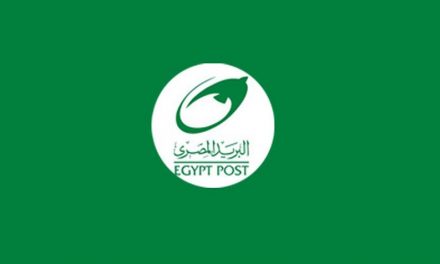
Pos Malaysia investing RM 250 m in new mail hub
Pos Malaysia is investing RM 250 m to set up a national mail and parcel hub in Shah Alam in its effort to achieve an automation level of up to 70 per cent from 20 per cent currently. The hub will be a processing plant and is expected to be operational by end of this year, said its group chief of strategy and planning, Jezilee Mohamad Ramli.
“This is our pilot project, we will group four of our processing centres into one plant,” he told reporters after the signing of a statement of cooperation between Pos Malaysia and the Egyptian National Post Organisation (Egypt Post).
The four centres to be closed down are at Daya Bumi, Bukit Raja, Bangi and Seremban, Jezilee said.
“Currently, we have a lot of mail processing centres, so we are trying to be more efficient and group some of the small processing centres,” he said.
Logically, Pos Malaysia should have another four to five more plants, however this will depend on the success of the pilot plant, he said.
On its shared banking services plan, Jezilee said Pos Malaysia had obtained Bank Negara Malaysia’s approval to provide banking services for Malayan Banking Bhd and RHB Investment Bank Bhd.
“We will not be a bank but we will be an agent for the banks, meaning we will sell their approved bank products such as opening of account, cash deposit, fund transfer, remittance, and payment of retail borrowing,” he said.
Under the statement of cooperation, Pos Malaysia and Egypt Post agreed to step up bilateral cooperation towards the enhancement of postal services between the two countries.
With the statement of cooperation, the two postal organisations envisaged a more dynamic role in improving their quality of service, said Pos Malaysia’s group managing director and chief executive officer Datuk Syed Faisal Albar.
“This will support our initiatives towards improving the quality of service in line with international practice,” he said.
Among the initiatives to be carried out are the dissemination of best practices in postal services, bilateral consultation, and exchange of official information and documentation.










